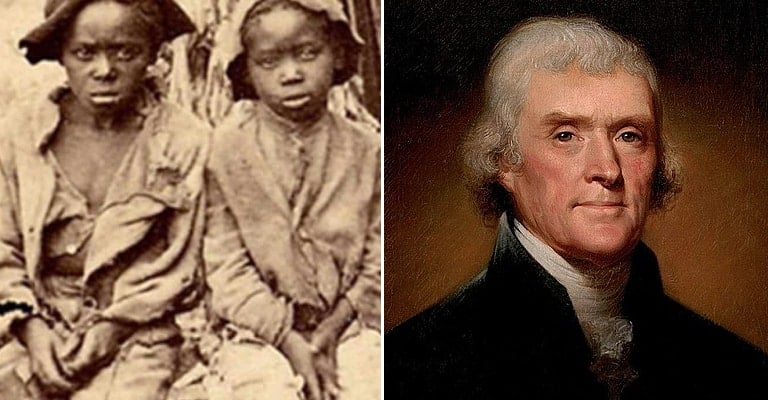Over the past few years, Muslims have frequently found themselves at the center of debates regarding religious freedom in the United States. These debates came to a head when President Donald Trump issued a travel ban for people holding passports from some Muslim-majority countries, including Somalia, Yemen, and Syria. When the Supreme Court upheld his travel ban, many people felt that the ruling was an affront to religious freedom and a disguised attack on America’s Muslim population. What many people today do not realize is that Muslims have been at the center of debates regarding religious freedom for centuries, dating back at least as far as the founding of the United States, if not earlier.
Thomas Jefferson was the author of the Declaration of Independence, the third president of the United States, and, in many ways, the architect of the concept of separation of church and state. In fact, when Jefferson was still a law student – 11 years before he wrote the Declaration of Independence – he purchased for himself a Qur’an, indicating that followers of the religion already had a significant presence in the colonies. Two centuries before Barack Hussein Obama would face the same conspiratorial charge, Thomas Jefferson was accused of being a “closet Muslim.”

Some scholars now question the Protestant-dominated version of early American history in favor of a society that was much more pluralistic and accepting of people of other faiths. Shortly after writing the Declaration of Independence, in preparation for the establishment of the United States of America, Jefferson returned to Virginia and drafted state legislation regarding religion. He drew on the philosopher John Locke, who lived a century before, when he said, “neither Pagan nor Mahometan [Muslim] nor Jew ought to be excluded from the civil rights of the commonwealth because of his religion.”

Jefferson certainly did have his own criticisms of the Muslim faith. Having read the Qur’an for himself, he believed that Islam did not promote free thought and enterprise and that, like Catholicism (which he also denounced), it was inextricably tied to the state. Seeing as Jefferson wanted to promote religious freedom, he had to reject the notion of state-supported religion, but he wholeheartedly supported the full civil rights of all Americans, no matter what their faith might be. In the Virginia Statute for Religious Freedom, he wrote, “(O)ur civil rights have no dependence on our religious opinions.”

Indeed, one scholar of Islam in America at the time of the founding, noted that whether or not constitutional rights reached the Muslim population provided a litmus test for the validity of those rights for all Americans. Along with James Madison, another founder who would also become president, Jefferson strove to ensure that taxes would not be used to support a religious institution. In fact, Baptists and Presbyterians, who were not part of the established Church of England, allied themselves with Muslims to ensure that religious freedom extended to all.

